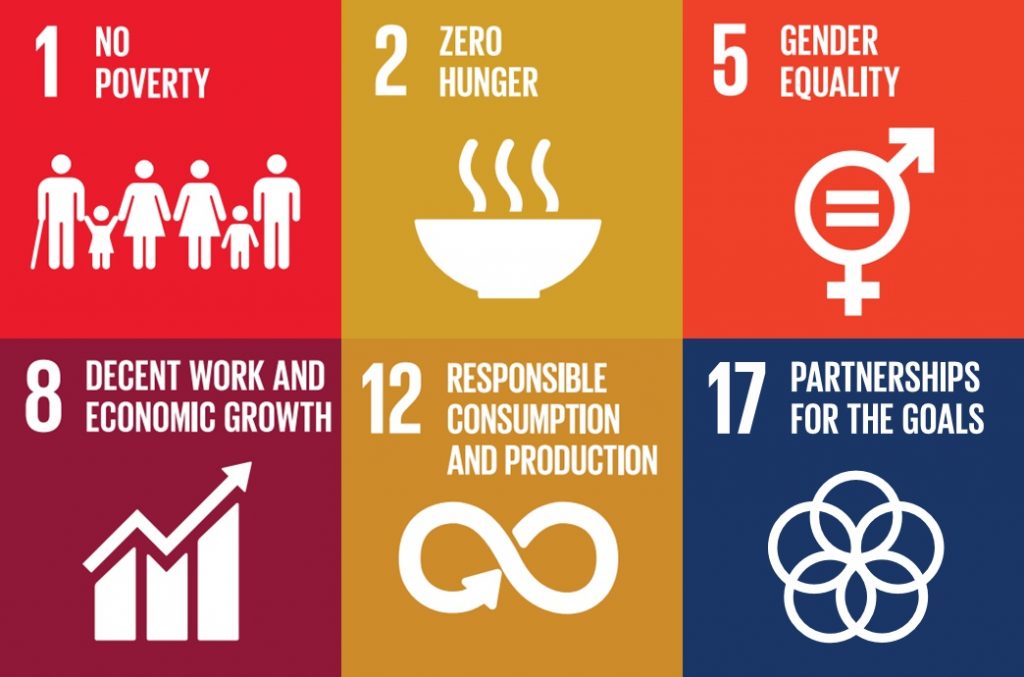The IDH Tea program brings together the largest tea packers and the most important NGOs in the tea sector. The program promotes sustainable tea production in Africa and Asia, and sustainable procurement in NW Europe and Asia. It has first-hand experience in up scaling of certification training and farmer field school (FFS) extension. The Tea program is strongly committed to working toward living wages in key tea-exporting countries. Other interventions are in the area of agro-chemical use and gender.
Since the start in 2008, IDH has invested in strategic relationships with a wide range of key tea players in Europe, Africa and Asia. After the successes in Kenya with farmer field schools in Kenya and Tanzania, the program is now moving towards harvesting the sector’s ‘higher-hanging fruits’: the impact that potentially can be made but has not yet.
The impact of the Tea program is concentrated in Malawi, Tanzania, Kenya, India, and Vietnam. Across these geographical areas, issues that beg solutions vary widely. The Tea program implements a range of intervention logics, or problem-solving approaches, that propose solutions considerate of their context.
